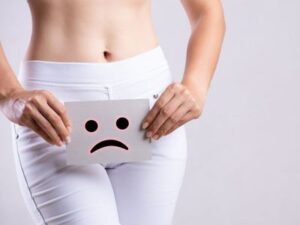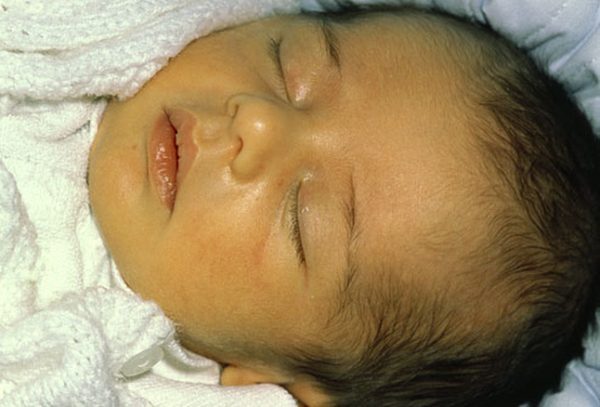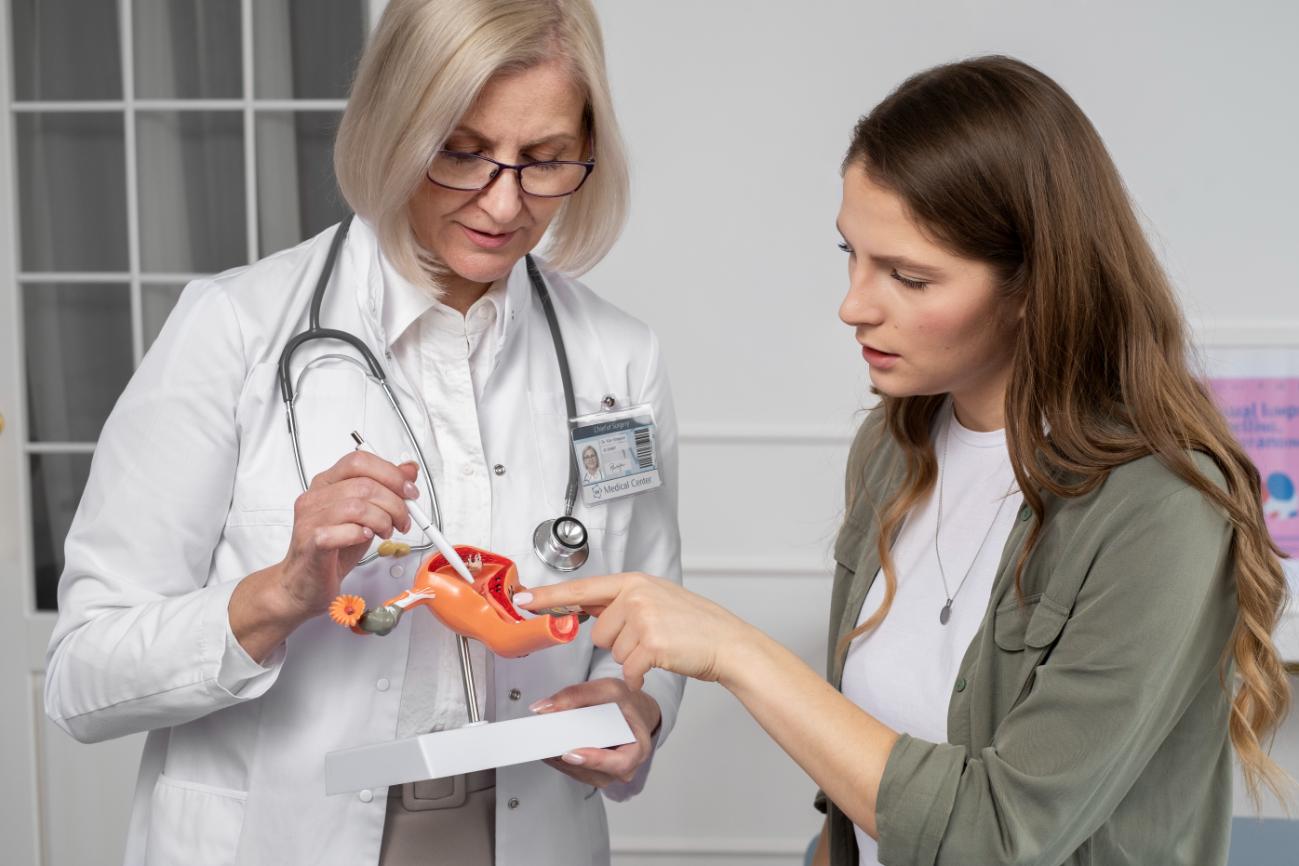
Vaginal Dryness is a condition that a large number of women experiences but unfortunately only a quarter of women actually seek treatment. This has turned into something they live with because they are too embarrassed to talk about this to their friends, partners or doctors. Vaginal Dryness which is certainly treatable can occur in women of all ages but it mostly happens post menopause. Around 58% of post-menopausal women experience vaginal dryness. The reasons for Vaginal Dryness could be both psychological and physiological.
The predominant cause though, is the reduction in the female hormone – Estrogen. This hormone plays a major role in keeping the vaginal tissue healthy by maintaining normal vaginal lubrication, tissue elasticity and acidity. When the ovaries produce a decreased amount of Estrogen, the skin and support tissues of the lips (vulva) and vagina become thinner and less elastic and the vagina becomes dry. Apart from Menopause or Perimenopause, there are other contributing factors that could bring down the healthy Estrogen levels like Breast-feeding, Childbirth, Smoking, Cancer therapy, Immune disorders, Ovary removal surgery.
Other causes of vaginal dryness can include certain medical conditions like Sjögren’s syndrome where the body’s glands aren’t able to produce enough moisture or hygiene practices like Douching or as side effect of some allergy or cold medications and contraceptives. Certain reactions to chemicals in soap, detergent, lubricant or hygiene products vaginal deodorants and intimate washes can also cause Vaginal Dryness or irritation.
Some of the symptoms to look out for if you think you may be experiencing Vaginal Dryness are experiencing pain, irritation, burning or dryness during intercourse, bleeding or spotting during or after intercourse, pap smear that is too uncomfortable or changes in the appearance of your vagina. If left untreated, Vaginal Dryness can cause sores or cracking in the vagina’s tissues, it can cause extreme pain and discomfort during intercourse and increases the chance of vaginal infections. Reduction in the estrogen levels can also thin the lining of the urinary tract, leading to more frequent urination and urinary tract infection.
The treatment of Vaginal Dryness could be in the form of local Estrogen which is available in the form of small tablets inserted into the vagina with an applicator, vaginal rings or in the form of cream. Vaginal estrogen is not the same as the higher dose conventional hormone replacement therapy. In this topical treatment some of the estrogen does get absorbed into the bloodstream, but the amount is minimal compared to oral estrogen or estrogen patch. So this is a fairly safe treatment option. Vaginal moisturizer, which is less expensive than vaginal estrogen is also another option especially for women who are not suited to Estrogen. Avoiding perfumed soaps or creams to treat skin irritations and taking more time during sexual intercourse giving the Bartholins gland time to produce the maximum amount of lubrication have been found to be helpful too.
Women spend a third of their lives in post menopausal state, so it is important to make sure to maintain the quality of life that they had before the menopause. Living with uncomfortable Vaginal Dryness can get in the way of your lifestyle, sex life and relationship with your life partner. Something ought to be done about it, so take that little step now.
For enquiries related to Vaginal Dryness, send a message to www.KJKHospital.com/contact





